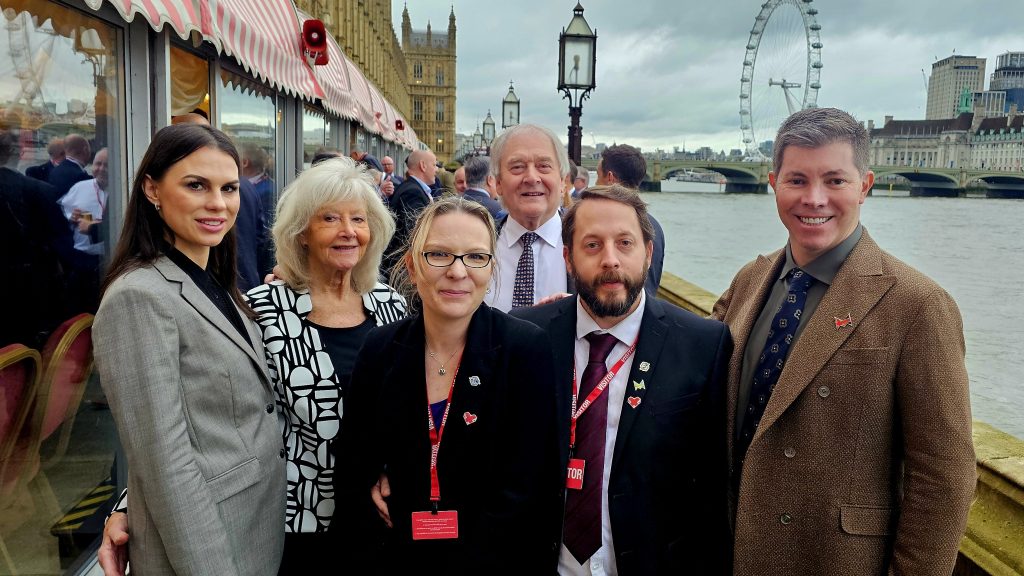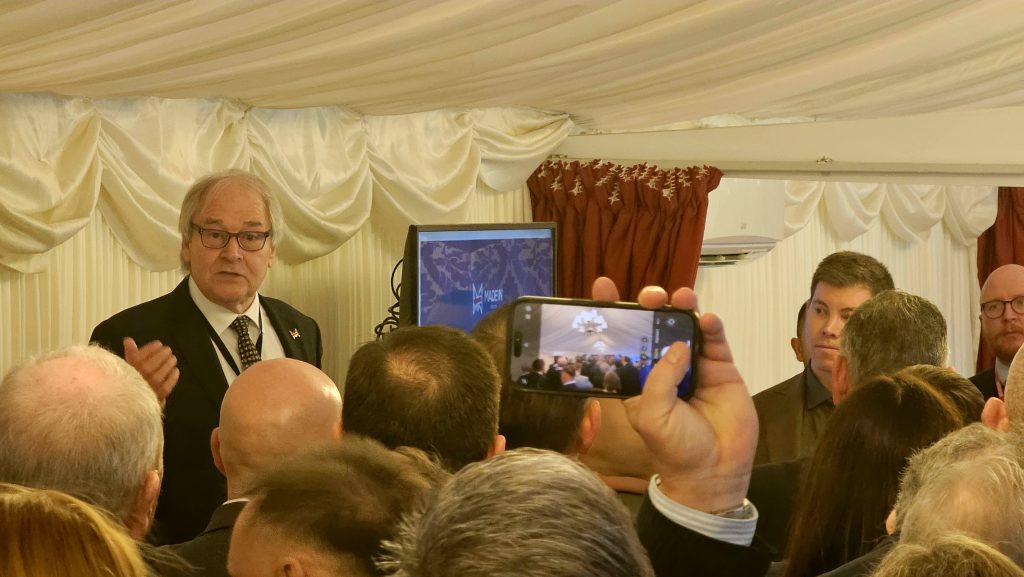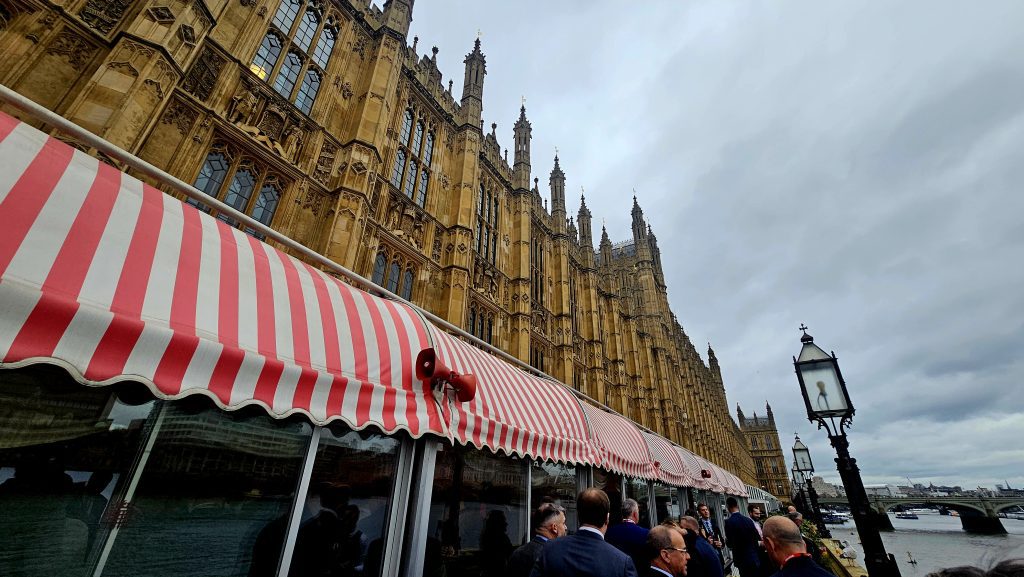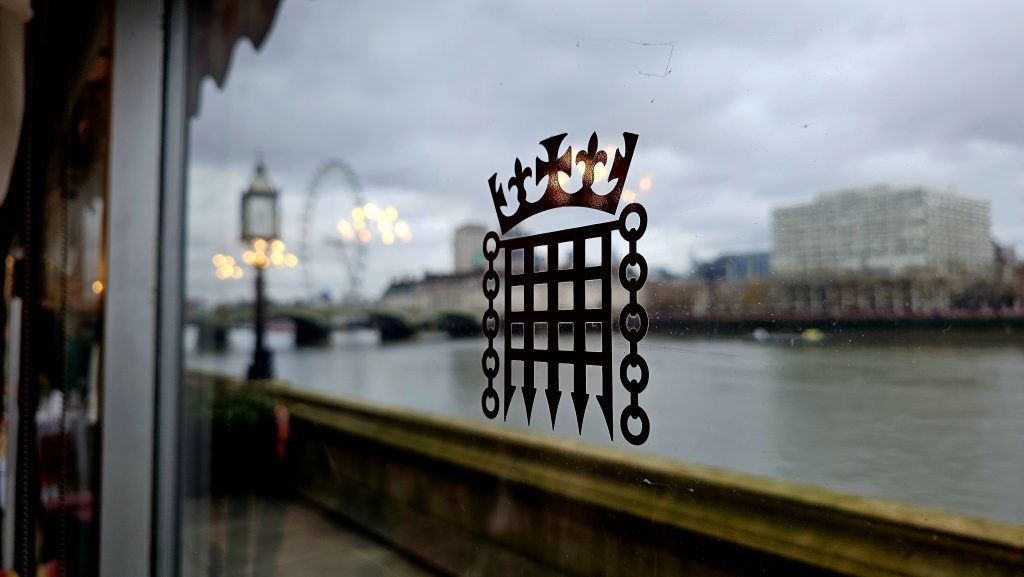
On 5th December, our directors had the honor of visiting the House of Lords as part of a delegation of manufacturing companies to hand-deliver an open letter advocating for the creation of a dedicated Minister of Manufacturing. This pivotal moment reflects the pressing need for targeted leadership to strengthen the UK’s manufacturing sector and ensure its long-term success.

Why a Minister of Manufacturing is Needed
The manufacturing sector has long been a cornerstone of the UK economy, yet it faces significant challenges in the current landscape. Tight margins, global competition, and the need for continuous innovation underscore the importance of a focused approach to policy-making. Here’s why we believe a dedicated minister is essential:
- Clear Advocacy: A dedicated minister would ensure manufacturing voices are consistently heard at the highest levels of government, shaping policies that address real industry needs.
- Efficient Policy Implementation: Centralized leadership could streamline efforts across departments, reducing delays and fostering a cohesive strategy.
- Support for Regional Growth: Many manufacturing businesses, including ours, operate outside traditional industrial hubs. A dedicated minister could champion policies to unlock regional potential, bridging the gap between metropolitan and smaller-city economies.

The Benefits to Small and Medium Manufacturers
For businesses like ours in York, which employs 25 people and operates on tight margins, the “Invest 2035” industrial strategy offers potential but also poses challenges. While the strategy highlights areas like advanced manufacturing and regional development, its success hinges on strong, dedicated leadership. A Minister of Manufacturing could:
- Provide Sector-Specific Support: Tailor funding and initiatives to smaller manufacturers.
- Address Skills Shortages: Ensure apprenticeship programs and workforce development initiatives are accessible and aligned with industry needs.
- Foster Innovation: Advocate for grants and resources that enable SMEs to adopt cutting-edge technologies and sustainable practices.

Concerns Over the Current Strategy
While the “Invest 2035” strategy aims to elevate the UK’s industrial landscape, it is not without its limitations:
- Regional Bias: Emphasis on “high-potential clusters” risks leaving businesses in non-industrial areas like York underrepresented.
- Complexity and Bureaucracy: Accessing government programs can be a daunting task, particularly for smaller companies with limited resources.
- Sustainability Pressures: While sustainability is crucial, adapting to new standards can be costly and challenging without adequate support.
The Counterarguments – And Why They Miss the Mark
Critics of a dedicated minister often cite concerns about duplicating roles or increasing bureaucracy. However, these arguments overlook the unique challenges manufacturing faces compared to other sectors. Existing structures lack the focused attention that a dedicated minister could provide. By centralizing accountability and advocacy, this role could cut through red tape rather than adding to it.

Looking Ahead
The creation of a Minister of Manufacturing is not just about policy—it’s about ensuring that businesses like ours can thrive, contribute to local economies, and compete on a global stage. Yesterday’s visit to the House of Lords was a significant step in making this vision a reality. We remain hopeful that the government will recognize the critical need for dedicated leadership in this vital sector.


